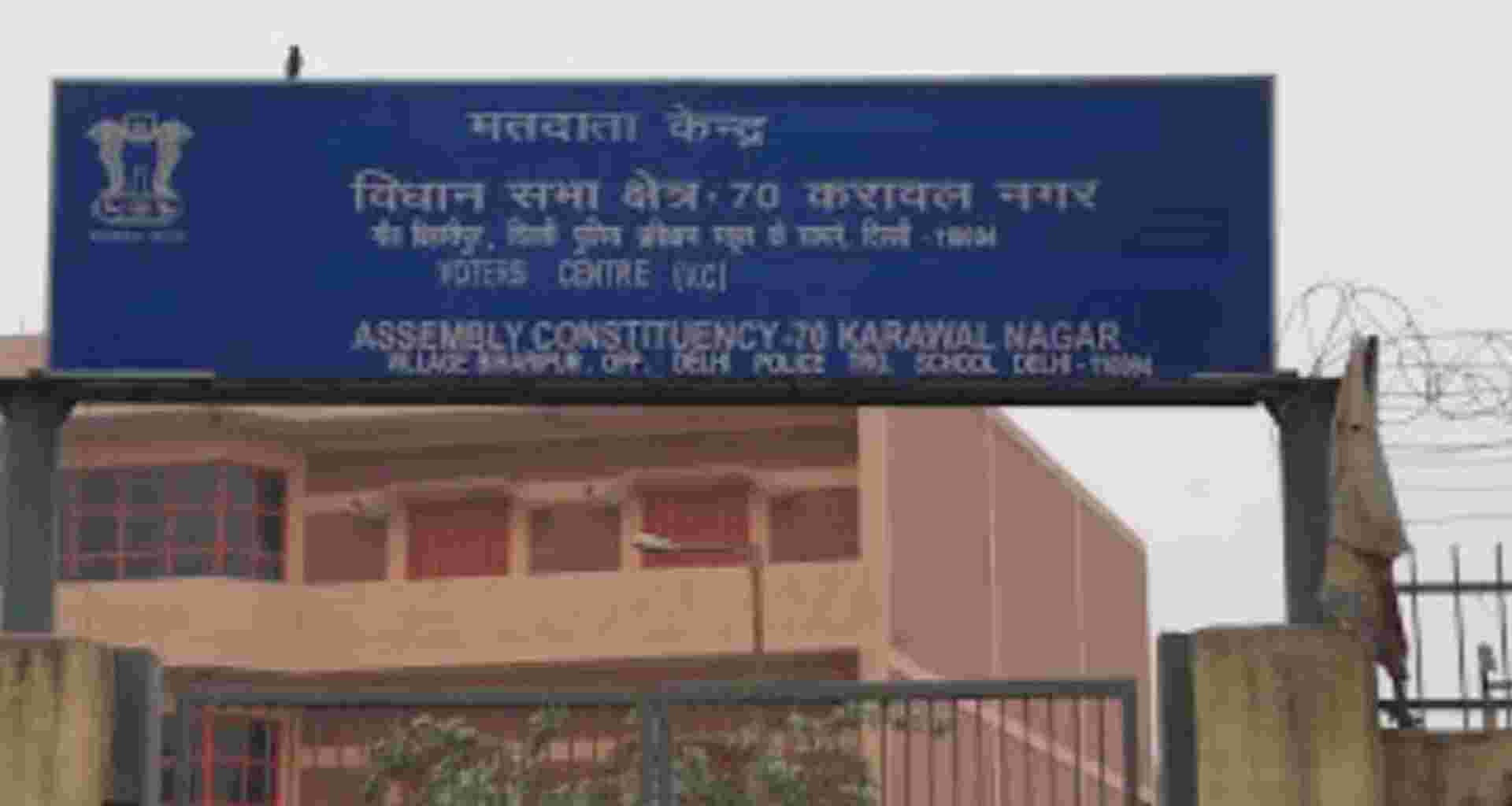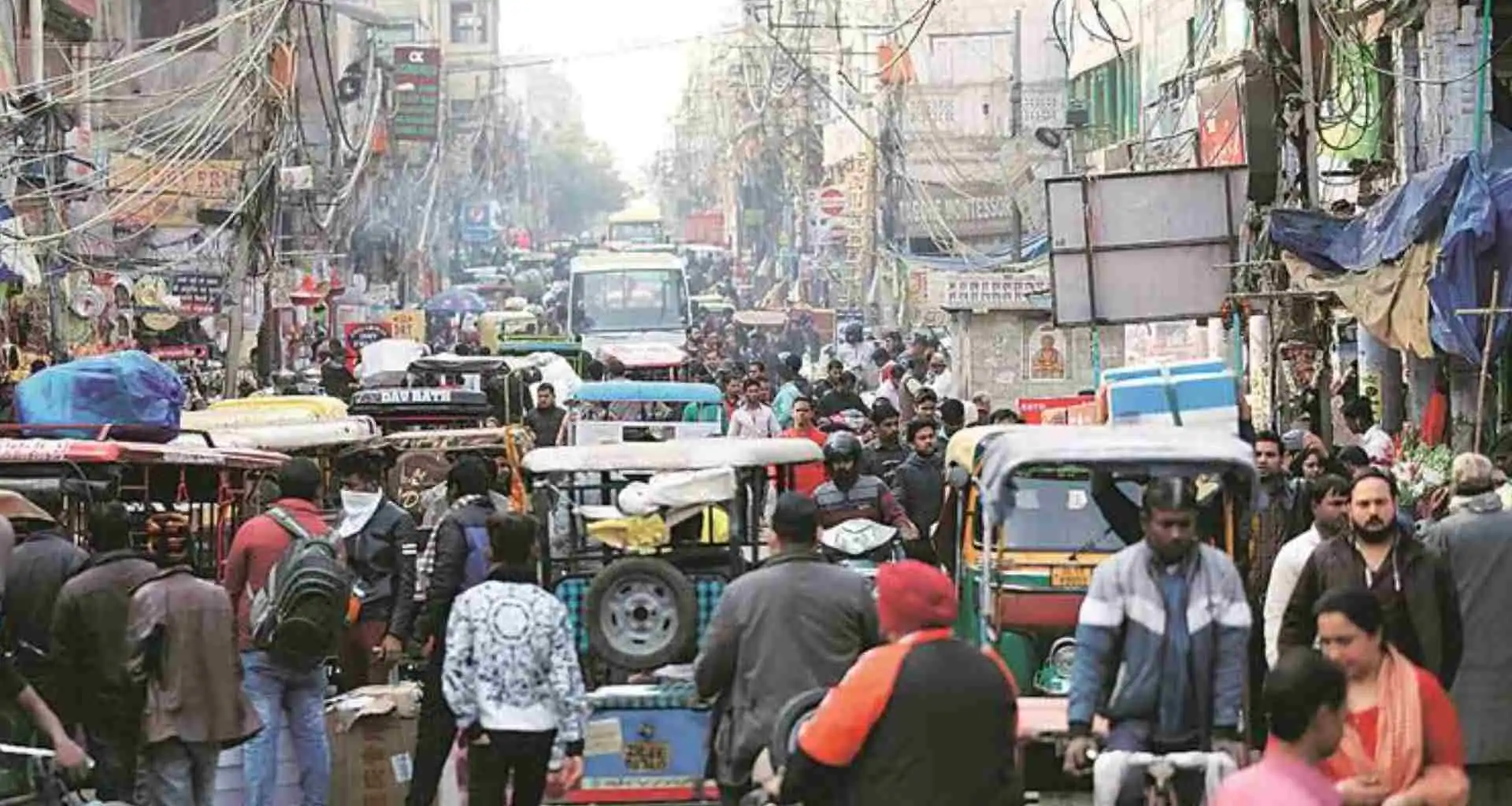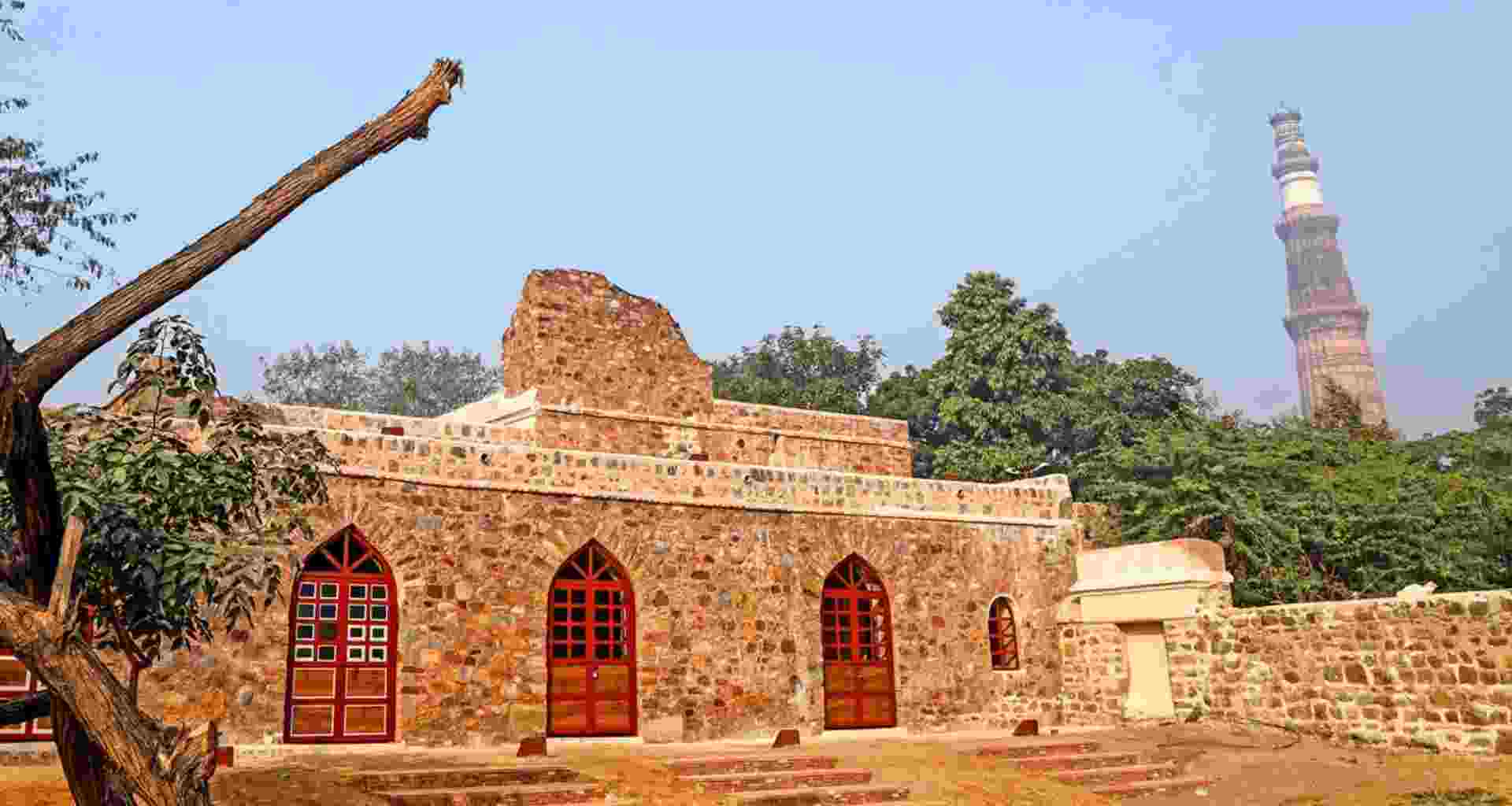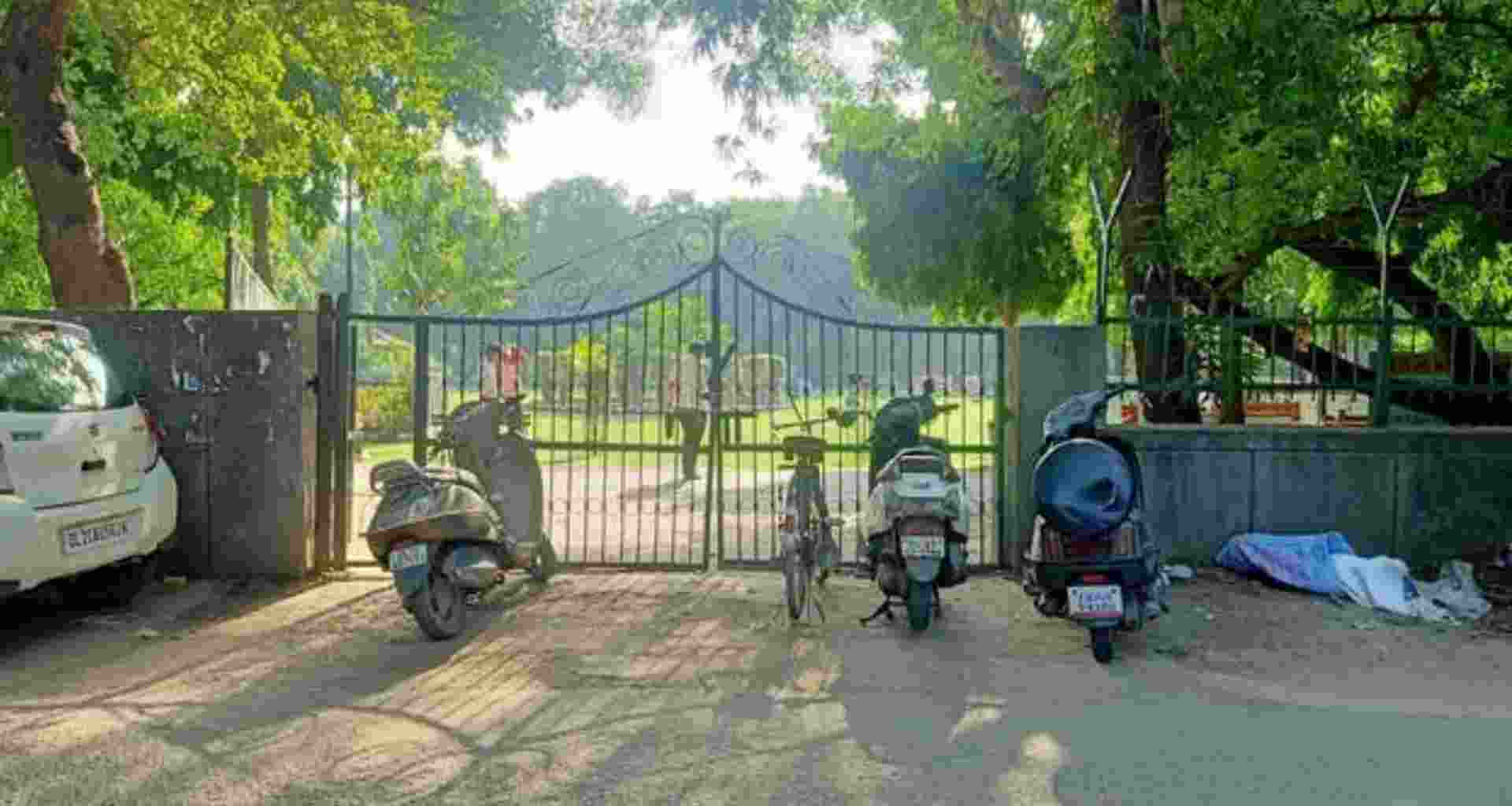Karawal Nagar Assembly Constituency, a significant Vidhan Sabha constituency in Delhi, holds an essential place in the state’s political landscape. Situated in the North East Delhi district. It is part of the North East Delhi Lok Sabha constituency. Over the years, the Karawal Nagar seat has witnessed fluctuating political dynamics, with multiple parties vying for influence. This article provides an in-depth look at the constituency, its electoral history, demographic composition, and key election results.
Overview – Karawal Nagar Assembly Constituency
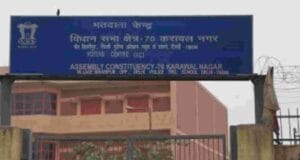
Karawal Nagar is a general category assembly seat, representing a diverse mix of voters from different parts of India. The constituency includes a variety of communities, with significant populations from Bihar, Punjab, Haryana, and Uttar Pradesh.
As of the latest data, Karawal Nagar continues to be a critical part of the political fabric in Delhi, attracting attention from major political parties, including the Bharatiya Janata Party (BJP), Aam Aadmi Party (AAP), and Indian National Congress (INC).
Electoral History of Karawal Nagar Assembly Constituency
Karawal Nagar has seen a shifting political landscape, with different parties taking turns to represent the region. Below is an overview of the major election results in the past few years.
Karawal Nagar Elections Result 2025
| Candidate Name | Party | Votes | Vote Change | Status |
|---|---|---|---|---|
| KAPIL MISHRA | Bharatiya Janata Party | 107,367 | +23,355 | Won |
| MANOJ KUMAR TYAGI | Aam Aadmi Party | 84,012 | -23,355 | Lost |
| DR. P.K. MISHRA | Indian National Congress | 3,921 | -103,446 | Lost |
| DEVENDRA BHAIYA | Bahujan Samaj Party | 1,887 | -105,480 | Lost |
| AJAY SINGH NEGI | Independent | 1,006 | -106,361 | Lost |
| H.M. HASHIM MALIK | Social Democratic Party of India | 491 | -106,876 | Lost |
2020 Delhi Assembly Elections
In the 2020 Delhi Assembly elections, BJP’s Mohan Singh Bisht emerged victorious with 50.59% of the votes. He secured 96,721 votes, winning by a margin of 8,223 votes, with a swing of +16.85%. The AAP, led by Durgesh Pathak, received 46.29% of the vote share, a decline of 13.55% from the previous election.
| Party | Candidate | Votes | Vote Share (%) | Swing (%) |
|---|---|---|---|---|
| BJP | Mohan Singh Bisht | 96,721 | 50.59 | +16.85 |
| AAP | Durgesh Pathak | 88,498 | 46.29 | -13.55 |
| INC | Arbind Singh | 2,242 | 1.17 | -1.98 |
| BSP | Nathu Ram | 824 | 0.43 | -0.86 |
| CPI(M) | Ranjit Tiwari | 414 | 0.22 | -0.19 |
| NOTA | None of the Above | 373 | 0.20 | -0.32 |
2015 Delhi Assembly Elections
In the 2015 elections, AAP’s Kapil Mishra secured a sweeping victory, winning 59.84% of the votes and defeating BJP’s Mohan Singh Bisht by a large margin. The swing was a significant +14.14% in favor of AAP.
| Party | Candidate | Votes | Vote Share (%) | Swing (%) |
|---|---|---|---|---|
| AAP | Kapil Mishra | 101,865 | 59.84 | +27.37 |
| BJP | Mohan Singh Bisht | 57,434 | 33.74 | -0.90 |
| INC | Satan Pal Dayma | 5,362 | 3.15 | -11.58 |
| BSP | Dharmendra Singh | 2,202 | 1.29 | -0.60 |
| CPI(M) | Ranjit Tiwari | 712 | 0.41 | N/A |
| NOTA | None of the Above | 888 | 0.52 | -0.12 |
2013 Delhi Assembly Elections
Mohan Singh Bisht from BJP won the 2013 election by a narrow margin of 3,083 votes. AAP’s Kapil Mishra made a strong showing, securing 32.47% of the vote share.
| Party | Candidate | Votes | Vote Share (%) | Swing (%) |
|---|---|---|---|---|
| BJP | Mohan Singh Bisht | 49,262 | 34.64 | -8.16 |
| AAP | Kapil Mishra | 46,179 | 32.47 | N/A |
| INC | Beg Raj Singh | 20,950 | 14.73 | -0.05 |
| Independent | Satan Pal Dayma | 19,362 | 13.62 | -8.62 |
| BSP | Rajbir Singh | 2,688 | 1.89 | -7.10 |
| NOTA | None | 911 | 0.64 | N/A |
2008 Delhi Assembly Elections
In 2008, BJP’s Mohan Singh Bisht won the seat with 42.8% of the vote share, narrowly defeating Independent candidate Satan Pal Dayma, who garnered 22.24%.
| Party | Candidate | Votes | Vote Share (%) | Swing (%) |
|---|---|---|---|---|
| BJP | Mohan Singh Bisht | 43,980 | 42.80 | +0.45 |
| Independent | Satan Pal Dayma | 22,852 | 22.24 | N/A |
| INC | Diwan Singh Nayal | 15,182 | 14.78 | -13.20 |
| BSP | Harender Kumar Sharma | 9,233 | 8.99 | -10.16 |
| CPI(M) | Anmol Choudhri | 2,198 | 2.14 | N/A |
| SP | Haseeb | 1,318 | 1.28 | -1.62 |
2003 Delhi Assembly Elections
In the 2003 elections, BJP’s Mohan Singh Bisht again emerged victorious, receiving 42.35% of the votes, with a significant swing of +13.18% in favor of the BJP.
| Party | Candidate | Votes | Vote Share (%) | Swing (%) |
|---|---|---|---|---|
| BJP | Mohan Singh Bisht | 44,884 | 42.35 | +13.18 |
| INC | Hasan Ahmed | 29,657 | 27.98 | +2.65 |
| BSP | Sher Khan | 20,291 | 19.15 | +15.07 |
Demographic Composition of Karawal Nagar
The Karawal Nagar Assembly Constituency is home to a diverse population, with different communities contributing to the voter base. The voter analysis reveals that Muslims form the largest community with 19% of the total voters. Other significant communities include Singh (15.5%), Kumar (7.1%), and Sharma (4.2%).
| Community Name | Voter Count | Voter Percentage |
|---|---|---|
| MUSLIM | 54,460 | 19% |
| SINGH | 44,603 | 15.5% |
| KUMAR | 20,443 | 7.1% |
| SHARMA | 12,177 | 4.2% |
| LAL | 9,435 | 3.3% |
| RAM | 8,440 | 2.9% |
| CHAND | 5,622 | 2% |
| PAL | 5,168 | 1.8% |
Political Parties in Karawal Nagar
The major political parties contesting in Karawal Nagar include the BJP, AAP, and INC. Over the past few elections, the BJP has emerged as the dominant party, but AAP has gained significant ground, especially in the 2015 elections. The INC has had a limited presence in recent years.
| Party | 2020 | 2015 | 2013 | 2008 | 2003 |
|---|---|---|---|---|---|
| BJP | 50.59% | 33.74% | 34.64% | 42.80% | 42.35% |
| AAP | 46.29% | 59.84% | 32.47% | 0% | 0% |
| INC | 1.17% | 3.15% | 14.73% | 14.78% | 27.98% |
| BSP | 0.43% | 1.29% | 1.89% | 8.99% | 19.15% |
Conclusion
Karawal Nagar Assembly Constituency is a highly contested constituency, where the political landscape has evolved significantly over the years. From the dominance of the BJP to the rise of AAP in 2015, the seat continues to see intense competition. With a large and diverse electorate, the political parties in Karawal Nagar must adapt to the changing dynamics of the constituency to secure victory in future elections. As the 2025 elections approach, it will be interesting to see how the political parties position themselves and what impact voter preferences will have on the outcome.
